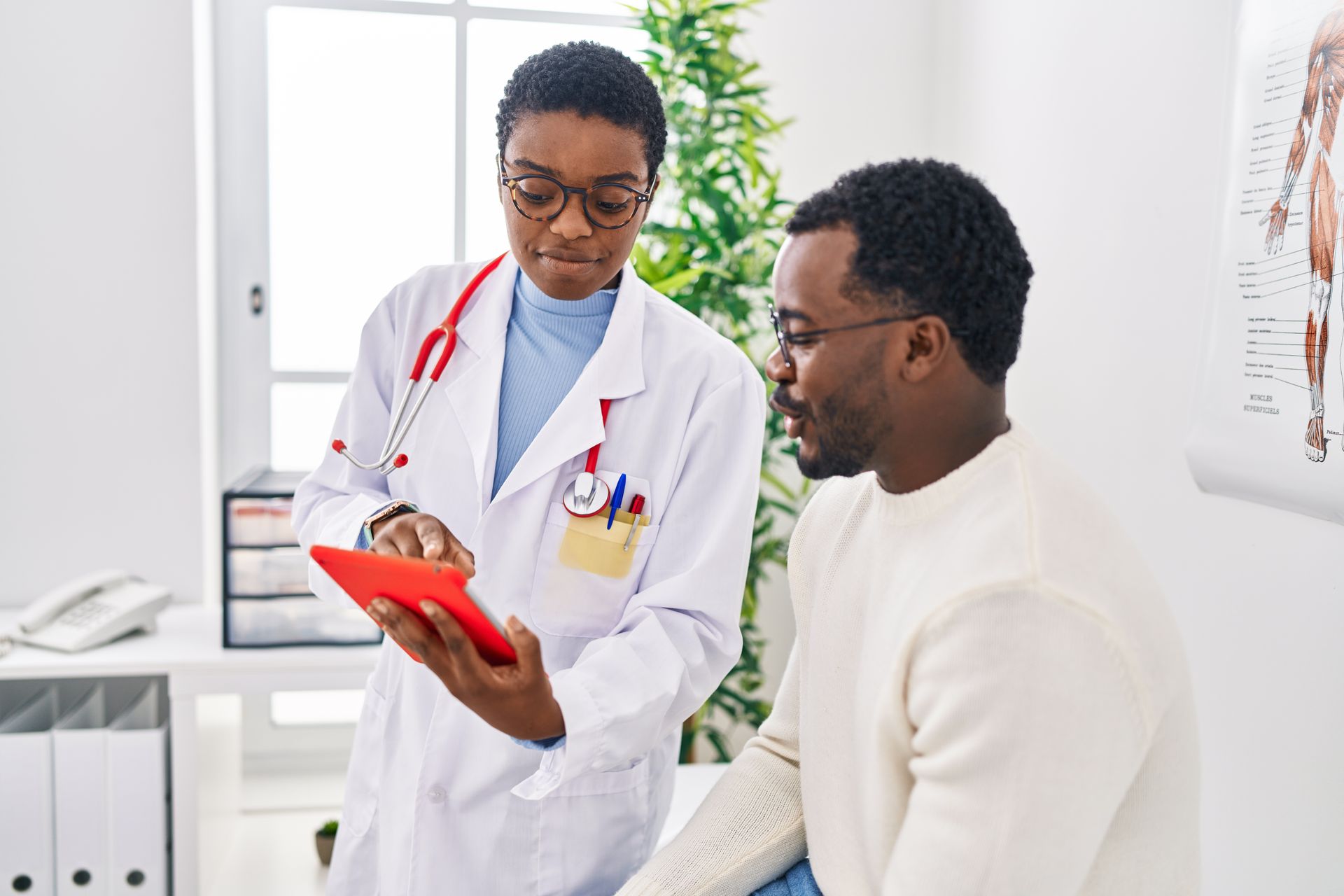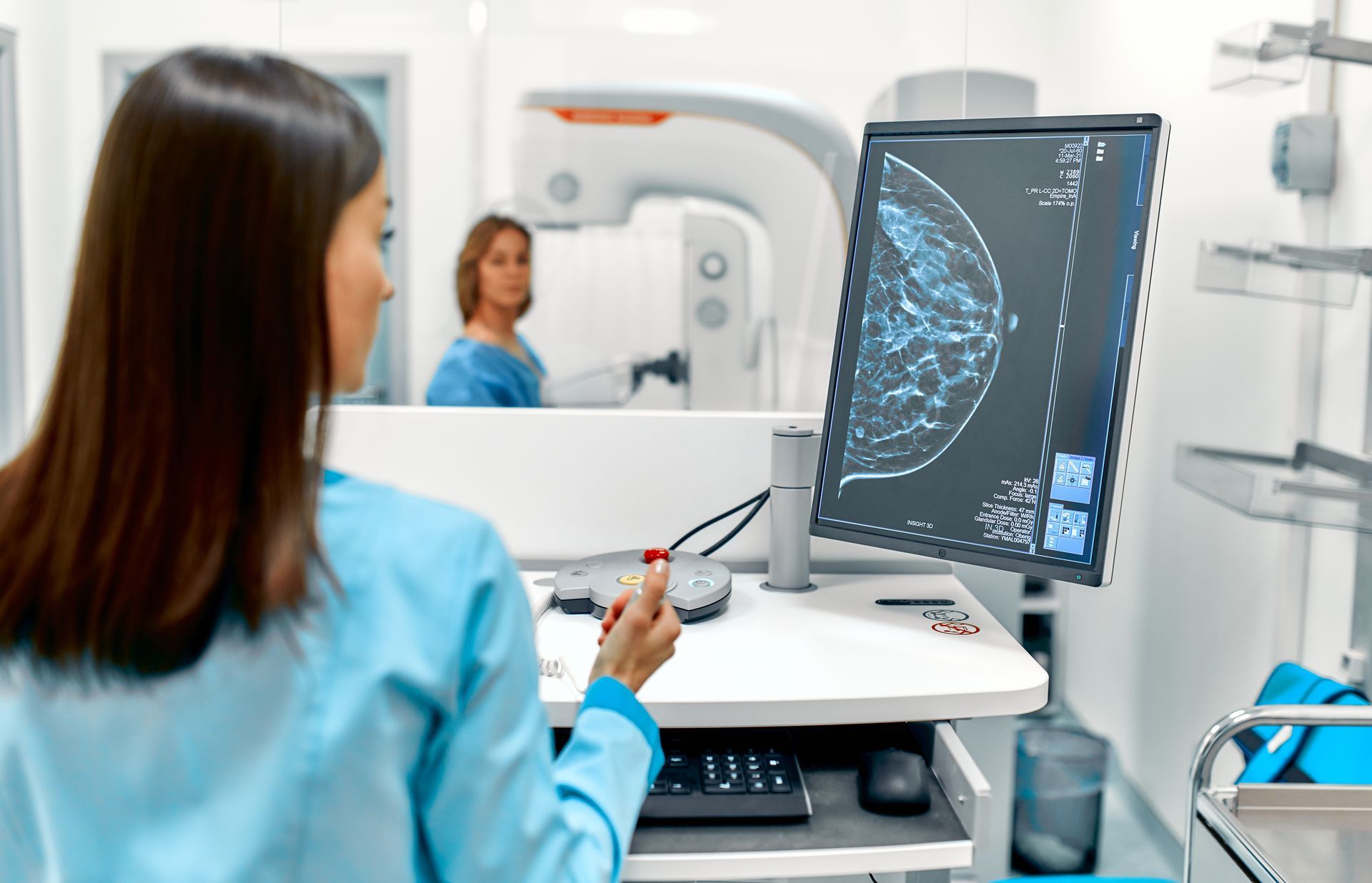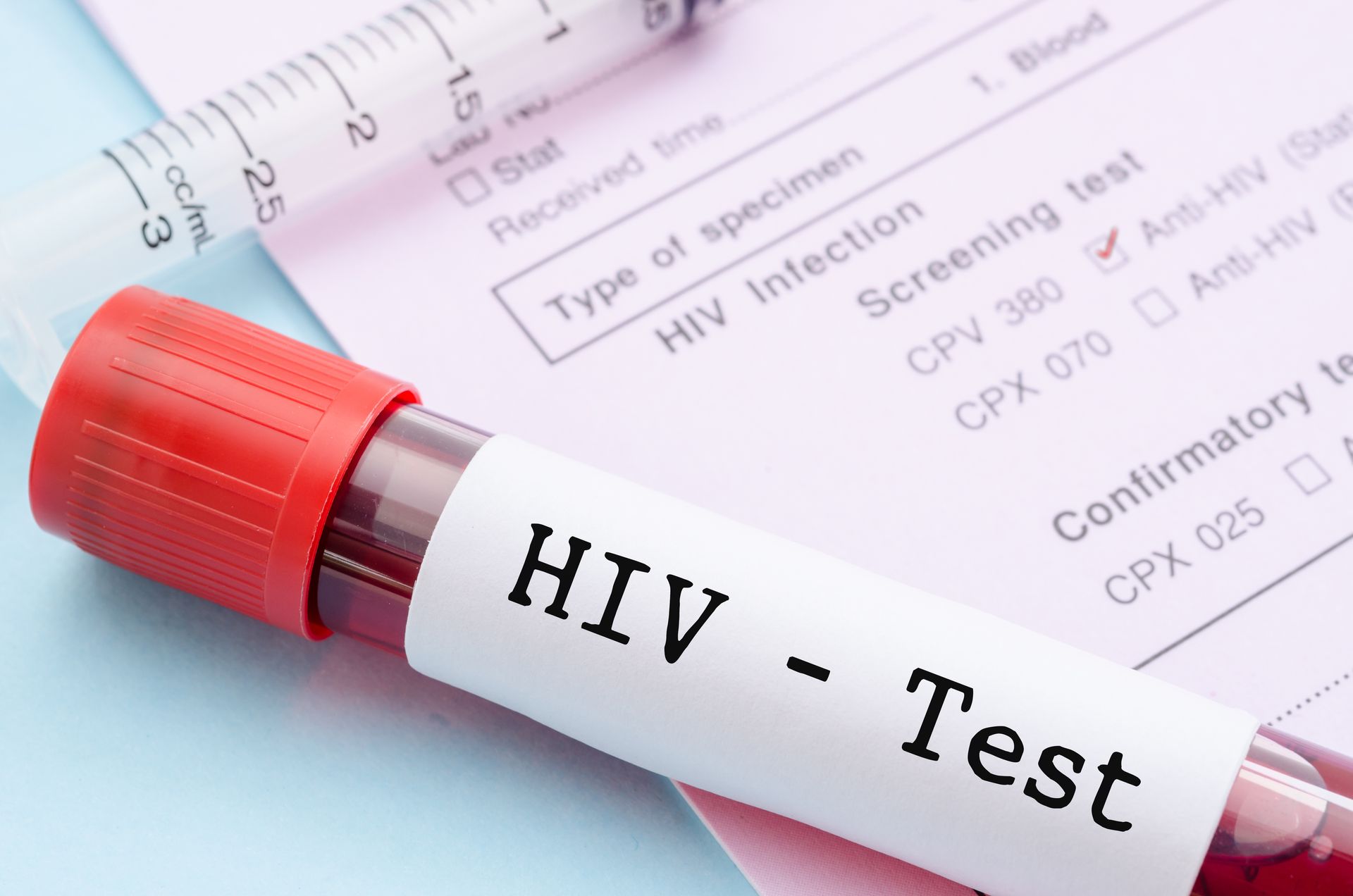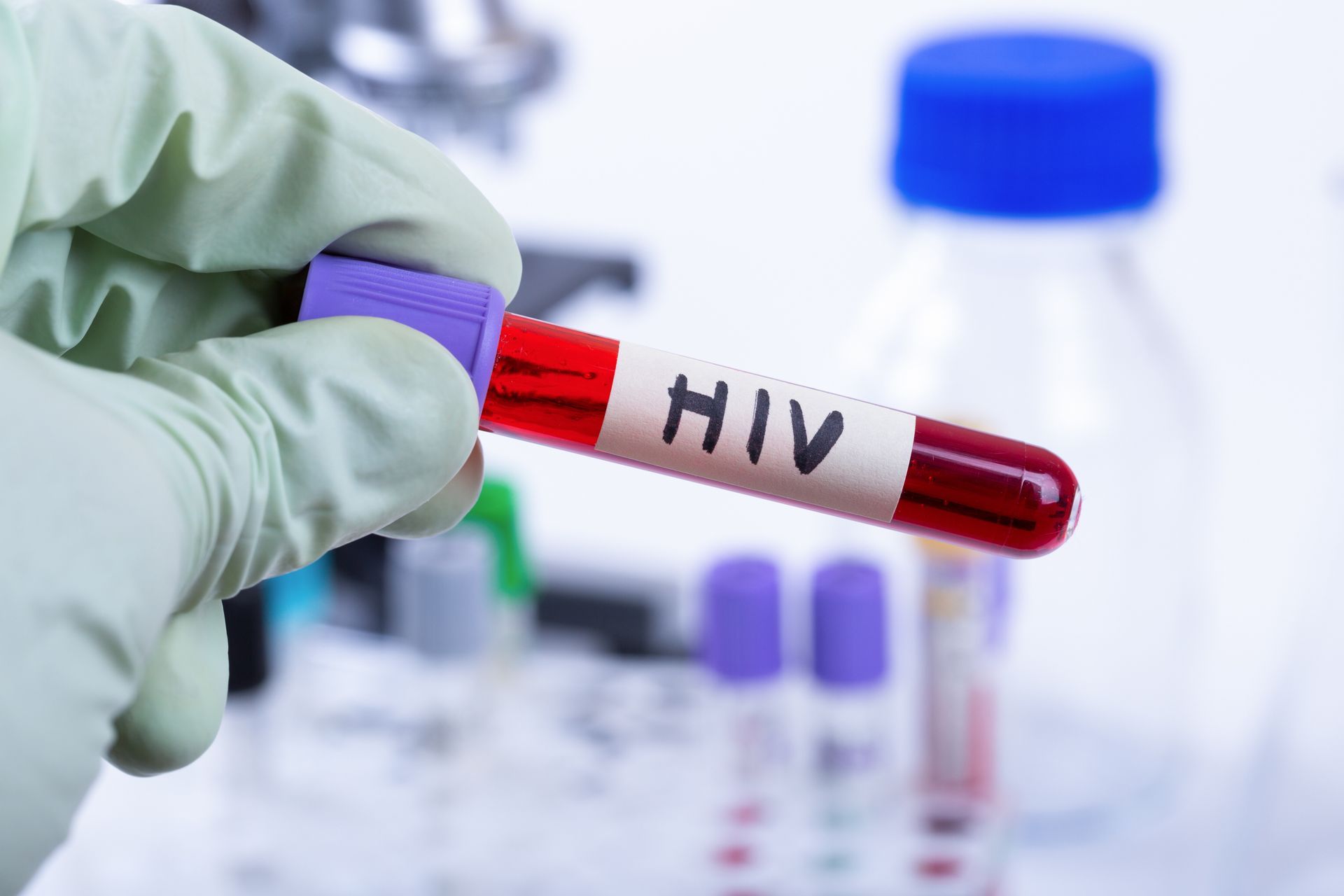Recent Posts
What is Antibiotic Resistance and What Are Primary Care Providers Doing to Prevent It?

Antibiotics have been one of the most important medical discoveries in human history. They've helped us treat everything from strep throat to life-threatening infections. Over the past few decades, doctors have become increasingly concerned about antibiotic resistance, or bacteria evolved to survive exposure to antibiotics.
Primary care providers (PCPs) are on the front lines in the fight against antibiotic resistance. Through careful prescribing practices and patient education, they are collectively working hard to preserve the effectiveness of antibiotics for future generations.
What Is Antibiotic Resistance?
Antibiotic resistance occurs when bacteria evolve to survive the effects of antibiotics. Over time, these resistant bacteria become harder to kill, making infections more difficult to treat. In some cases, even the strongest antibiotics stop working altogether.
When antibiotics are overused or misused, such as being prescribed for viral infections like the common cold, or not taken as directed, bacteria have more opportunities to adapt and build resistance. This can lead to longer illnesses, more hospital stays and even increased mortality.
The World Health Organization has called antibiotic resistance "one of the biggest threats to global health." It’s already responsible for millions of infections and thousands of deaths each year, and those numbers are growing.
How Does Resistance Happen?
Bacteria, like all living things, evolve to survive in their habitats. Becoming resistant to antibiotics is somewhat unavoidable over time, but the process speeds up when antibiotics are used improperly. Medical experts attribute the rapid rate of resistance to:
- Overuse: Antibiotics prescribed too often, especially when they’re not needed, increase the chance that bacteria will adapt.
- Misuse: Patients who stop antibiotics early or skip doses can give surviving bacteria a chance to multiply and mutate.
- Widespread use in agriculture: Antibiotics are also heavily used in livestock, contributing to resistant bacteria that can be passed to humans through food or the environment.
These resistant strains can then spread from person to person, and even across borders. That’s why global prevention and awareness are so critical.
The Role of Primary Care Providers in Fighting Antibiotic Resistance
Primary care providers act as a gatekeeper for antibiotics, since they’re the medical professional most people go to when they feel sick. The good news is that most PCPs are well informed about these risks, and have been implementing stricter safeguards:
1. Prescribing Antibiotics Only When Necessary
PCPs carefully evaluate whether an infection is bacterial or viral before prescribing antibiotics. Many common illnesses, like colds, flu, bronchitis and most sore throats, are caused by viruses, which don’t respond to antibiotics. In these cases, your provider may recommend rest, fluids and over-the-counter remedies instead of antibiotics.
2. Choosing the Right Antibiotic
When antibiotics are needed, PCPs select the most appropriate one based on the infection type, patient history, and local resistance patterns. Broad-spectrum antibiotics, which target many bacteria types, are used cautiously to avoid wiping out beneficial bacteria and encouraging resistant strains.
3. Educating Patients
One of the most powerful tools against resistance is education. PCPs talk to patients about:
- The importance of taking antibiotics exactly as prescribed
- Why antibiotics won’t help with viral infections
- The risks of saving or sharing leftover antibiotics
- Preventive measures like vaccinations, hand hygiene and healthy habits
When patients understand the risks of antibiotic misuse, they’re more likely to trust their provider’s decision and follow treatment recommendations.
4. Tracking and Monitoring
Many primary care practices now participate in antibiotic stewardship programs. These initiatives help monitor antibiotic use, track resistance patterns and improve prescribing practices through training, guidelines and performance feedback.
5. Promoting Prevention
PCPs also help prevent infections in the first place, reducing the need for antibiotics. This includes encouraging vaccines like the flu shot, COVID-19 vaccines and pneumococcal vaccines. They also support better chronic disease management and lifestyle changes that strengthen the immune system. People who get sick less often will require fewer antibiotic prescriptions.
What You Can Do to Help
Antibiotic resistance isn't just a medical issue, it's a community one. Patients have an important role to play in keeping antibiotics effective.
You can help by:
- Only using antibiotics when prescribed
- Never pressuring your doctor for antibiotics
- Completing the full course of any antibiotic you’re given
- Never using leftover antibiotics or taking someone else's prescription
- Practicing good hygiene to prevent infections
If you're unsure whether you need antibiotics or not, ask your provider. Open communication helps ensure you get the care you need without contributing to antibiotic resistance.
Work With Primary Care Doctors Who Are Committed to Keeping Houston Healthy
Whether you're dealing with an infection or just looking for trusted advice, our doctors are here to guide you. We take the time to understand your health needs and provide care that’s thoughtful, informed and effective.
Schedule an appointment with a St. Hope Healthcare provider today by calling (713) 778-1300.









